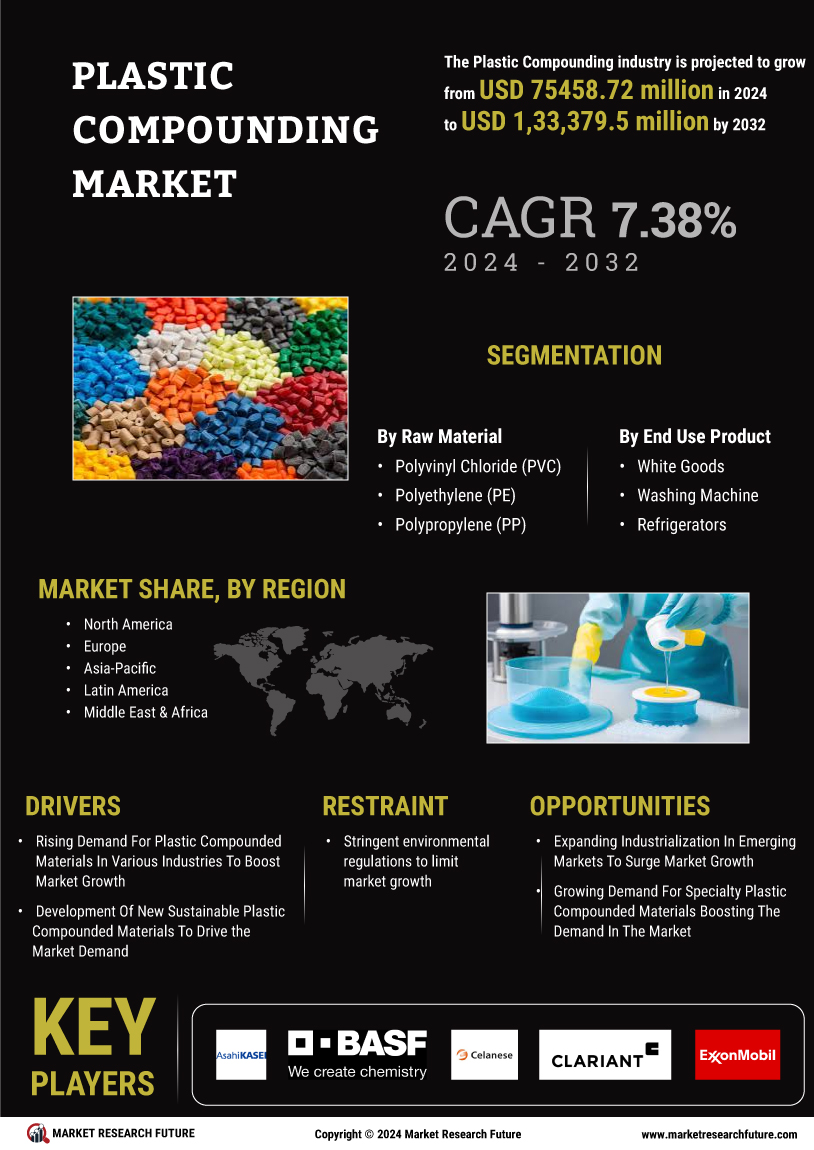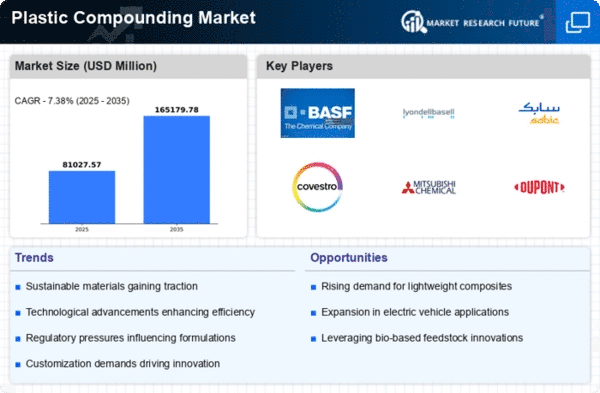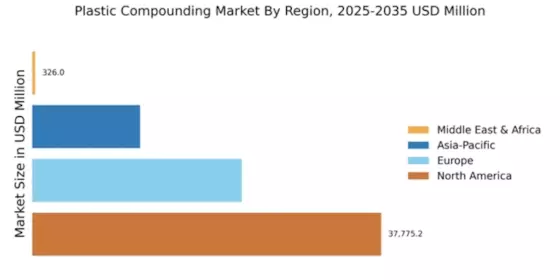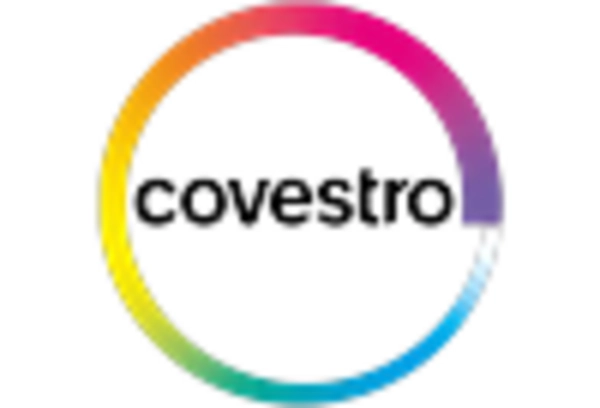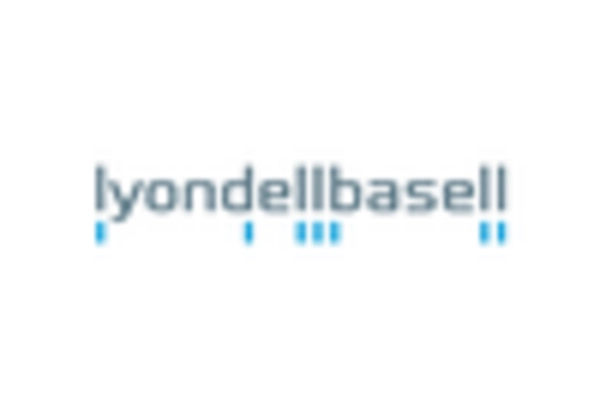Research Methodology on Plastic Compounding Market
Research Objectives
This research aims to analyze the current market trends of the Plastic Compounding industry, along with providing a complete forecast of the market. This report provides an in-depth view of the plastic compounding market in terms of both the qualitative and quantitative aspects of the market. Here, primary and secondary research is conducted in order to provide a comprehensive analysis of the Plastic Compounding Market.
Research Design
To assess the overall Plastic Compounding Market, a combination of research methodologies is followed. The research design includes the following stages:
- Secondary Research – Secondary research is conducted through sources that include but are not limited to:
- a) Company websites
- b) Annual reports
- c) Market reports
- d) Government sources
- e) White papers
- f) Global trade associations
- Primary Research – Primary research is conducted through telephonic interviews. The companies incorporated in the Plastic Compounding market are contacted for primary research. In the primary research, executives responded appropriately to the questions asked.
Data Collection Tools
The data collection tools adopted for this research include both primary as well as secondary research. The primary research is carried out through telephone interviews and secondary research through various sources such as company reports, financial reports, industry magazines, trade journals, and the internet.
Sample Selection
Given the scope of the Plastic Compounding Market, the sample size is considered appropriate and adequate. Sample sources include enterprises and E-businesses of different sizes and geographical regions within the parameters of the Plastic Compounding Market.
Data Analysis Plan
Data collected through primary and secondary research is analyzed through several qualitative and quantitative techniques. Utmost care is taken while curating the data to maintain the accuracy of the information.
Statistical Tools Used
During the analysis and data collection process, the following statistical tools are used, but not limited to:
- Descriptive statistics
- Regression analysis
- Correlation analysis
- Cluster analysis
- Time-series analysis
- ANOVA
Data Triangulation
Data collected from two or more sources is analyzed using triangulation. Triangulation helps us maintain the accuracy of our data by confirming the obtained results with different methods. Through triangulation, the received data is combined and compared to draw meaningful insights.
Assumptions
This research makes the following assumptions, but is not limited to:
The competitive equilibrium is assumed throughout the forecast period 2023 to 2030.
The average selling price of Plastic Compounding products is assumed to remain constant over the forecast period.
